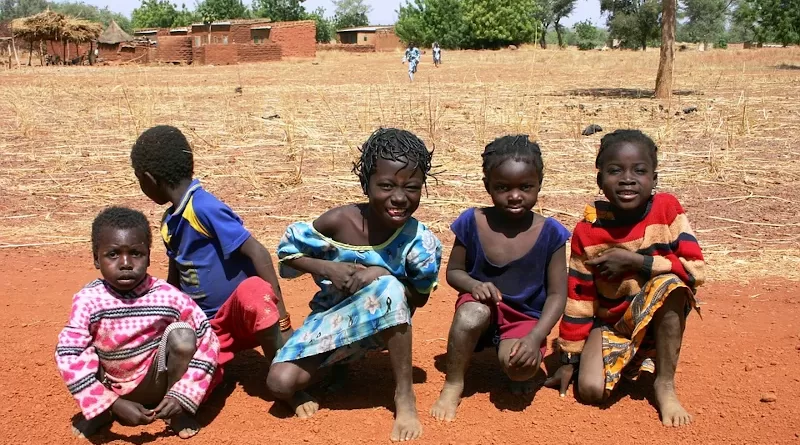Burkina Faso: Armed Islamists Kill, Rape Civilians, Says HRW
Armed Islamist groups and government security forces and militia in Burkina Faso are committing increased abuses against civilians as the conflict there intensifies and widens, Human Rights Watch said today. The Burkina Faso government, which took power in a January 2022 coup, should better protect civilians from attack and ensure that government forces respect human rights.
Armed Islamist groups that began attacking Burkina Faso in 2016 have become increasingly abusive, carrying out hundreds of killings, summary executions, rapes of civilians, and widespread pillaging. Also since 2016, government security forces and militias engaged in counterterrorism operations have allegedly unlawfully killed hundreds of civilians and suspected Islamist fighters, fueling recruitment into armed groups. The fighting has forced 1.8 million people from their homes, most from the Sahel and Centre-Nord regions of the country.
“Armed Islamist groups are demonstrating day after day their profound disregard for the lives and livelihoods of civilians,” said Corinne Dufka, Sahel director at Human Rights Watch. “Government forces and associated militias must scrupulously uphold international human rights and humanitarian law and desist from killing in the name of security.”
From April 7 to 21, 2022 in Ouagadougou, the capital, and in Kaya, Human Rights Watch interviewed 83 survivors and witnesses to incidents between September 2021 and April 2022 in the Boucle du Mouhoun, Cascades, Centre-Nord, Est, Nord, Sahel, and Sud-Ouest regions of Burkina Faso. Human Rights Watch also interviewed medical professionals, security analysts, government officials, foreign diplomats, United Nations representatives, and aid workers.
Villagers said that heavily armed Islamist fighters killed civilians during attacks and planted deadly improvised explosive devices (IEDs). Fighters in dozens of cases raped and otherwise abused women and girls who were foraging for wood, traveling to and from the market, and fleeing the violence. The fighters also burned villages; commandeered ambulances and looted health centers; destroyed crucial water, telecommunications, and electricity infrastructure; and engaged in widespread pillage. Many villagers described seeing numerous child soldiers, some as young as 12, within the armed Islamist ranks.
A resident of Ankouna described the aftermath of an armed Islamist attack: “When I returned the next day, the village was still smoldering. [There were] bodies of six people including my brother, who had been shot trying to rescue a child 10 meters from his shop. I saw five people including a 70-year-old dead in one house. They’d been shot in the back or head.”
Other villagers said that government security forces and pro-government militias, called Volunteers for the Defense of the Homeland (Volontaires pour la défense de la patrie, VDP), carried out unlawful killings and enforced disappearances of dozens of civilians and suspected Islamist fighters largely in Burkina Faso’s eastern and southern regions.
All parties to the armed conflict are bound by international humanitarian law, notably Common Article 3 of the Geneva Conventions of 1949 and customary laws of war, which provide for the humane treatment of captured combatants and require prosecuting summary executions, rape, and enforced disappearances as war crimes.
The government should revoke a 2021 decree that provides immunity from prosecution to members of a special counterterrorism force for acts committed “in the exercise of their functions.” In coordination with the United Nations and aid agencies, the government should increase medical and mental health support to victims of abuse including sexual and gender-based violence.
“There have been very few investigations, much less prosecutions, for the atrocities which have punctuated Burkina Faso’s conflict,” Dufka said. “The government should ensure the presence of provost marshals with responsibility for troop discipline and detainees’ rights in all military operations and adopt measures so that civilian and military courts provide fair trials for suspects.”

